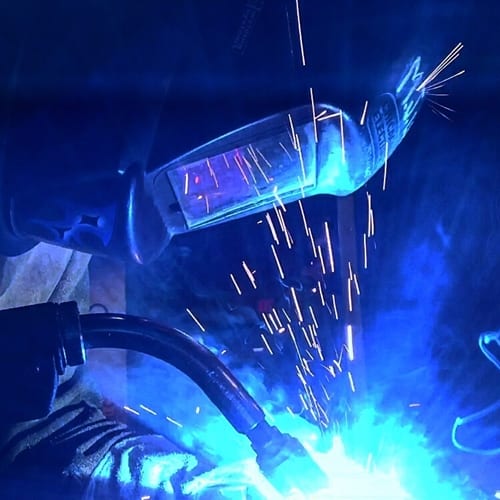It's hard to deny the inherent danger of commercial diving. Whether you're repairing the inside of a dam or doing energy exploration work, you're putting yourself at some level of risk. Among all others, however, underwater welding stands out as one of the most risky.
The fatality rate for this type of worker (15 percent) is 1,000 times higher than that for law enforcement professionals, according to 2012 U.S. Department of Labor statistics quoted in All Proud Americans. That alone can be shocking, so it's worth diving a little deeper and seeing exactly how underwater welders are specifically put at risk. The most prominent dangers may not be what you assume.
From decompression sickness to aggravated heart conditions, all divers face the possibility of physical health risks. To guard against these, diving companies should remember to assess their personnel before work begins. With a clear record of health available, divers may have a better chance of preparing for a safe dive.
"Dangers can come from the equipment underwater welders use."
Other dangers can come from the equipment use and the work they're expected to do. Poorly insulated tools can introduce electric current into an underwater work site, which can be potentially lethal. Generating too much heat near combustible material underwater could also raise the risk level.
Speaking of which, underwater explosions can be another extreme work hazard for welders. Avoiding these can involve assessing the work site first and making sure it won't trap dangerous gas during the welding.
Regardless, the risks are still real, and safety is of the utmost importance for all commercial divers. To prepare for dangerous dives, consider purchasing insurance from specialized providers. Experienced companies offer more industry knowledge than the generalized providers who try to squeeze specialized coverage into their existing list of options.

